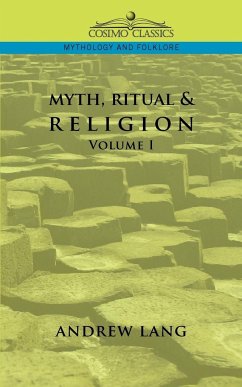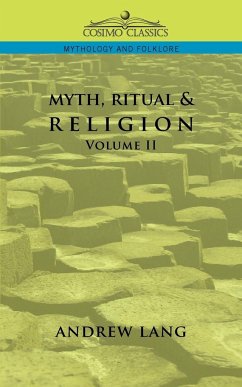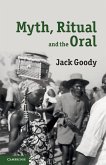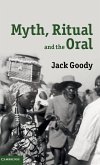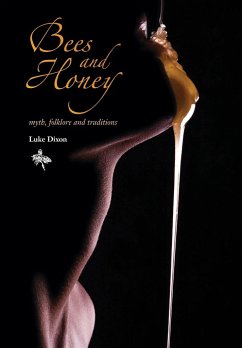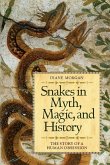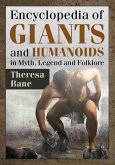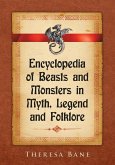First published in 1887, this early work of comparative mythology remains a vital resource to students and devotees of ethnography, history, and world legends. Lang's stunningly comprehensive overview of pre-scientific thinking provides an important perspective on the worldviews that molded and continue to influence modern thought. In this, the first of two volumes, Lang begins with a minimum definition of religion-"the belief in a primal being, a Maker"-explores the differences between mythology and religion, discusses the problems of seeking the origins of the belief in a deity, and examines totem-ism, nature myths, and creation stories from around the globe, including Greece, Asia, Australia, Africa, and the New World. Scottish journalist and author ANDREW LANG (1844-1912), the son of the sheriff-clerk of rural Selkirkshire, was educated at Edinburgh Academy, the Universities of St. Andrews and Glasgow, and Balliol College, Oxford. A contemporary and friend of Robert Louis Stevenson, he produced a stunning variety and number of volumes, including books of poetry, novels, children's books, histories, and biographies, as well as criticism, essays, scholarly works of anthropology, and translations of classical literature.

